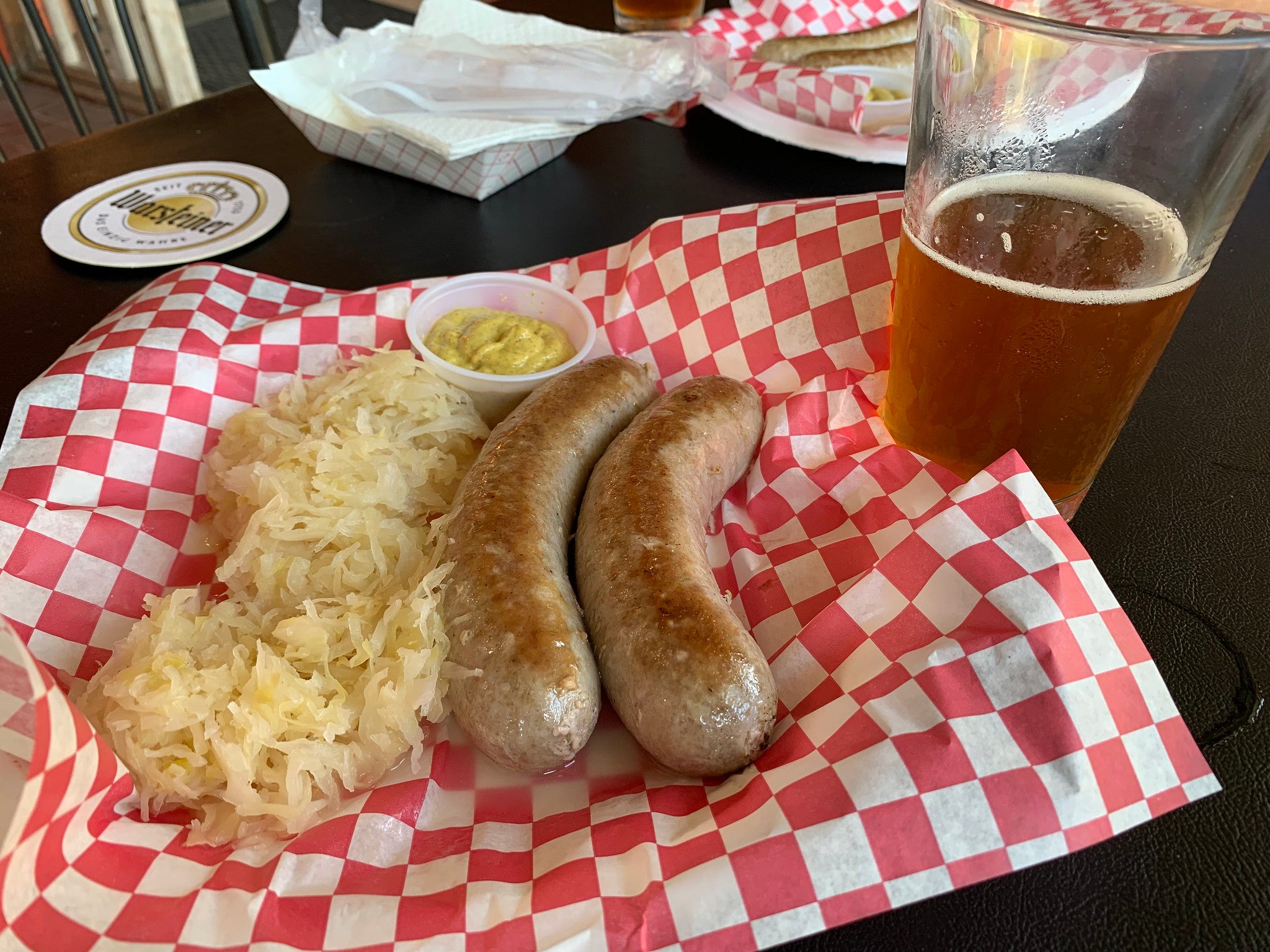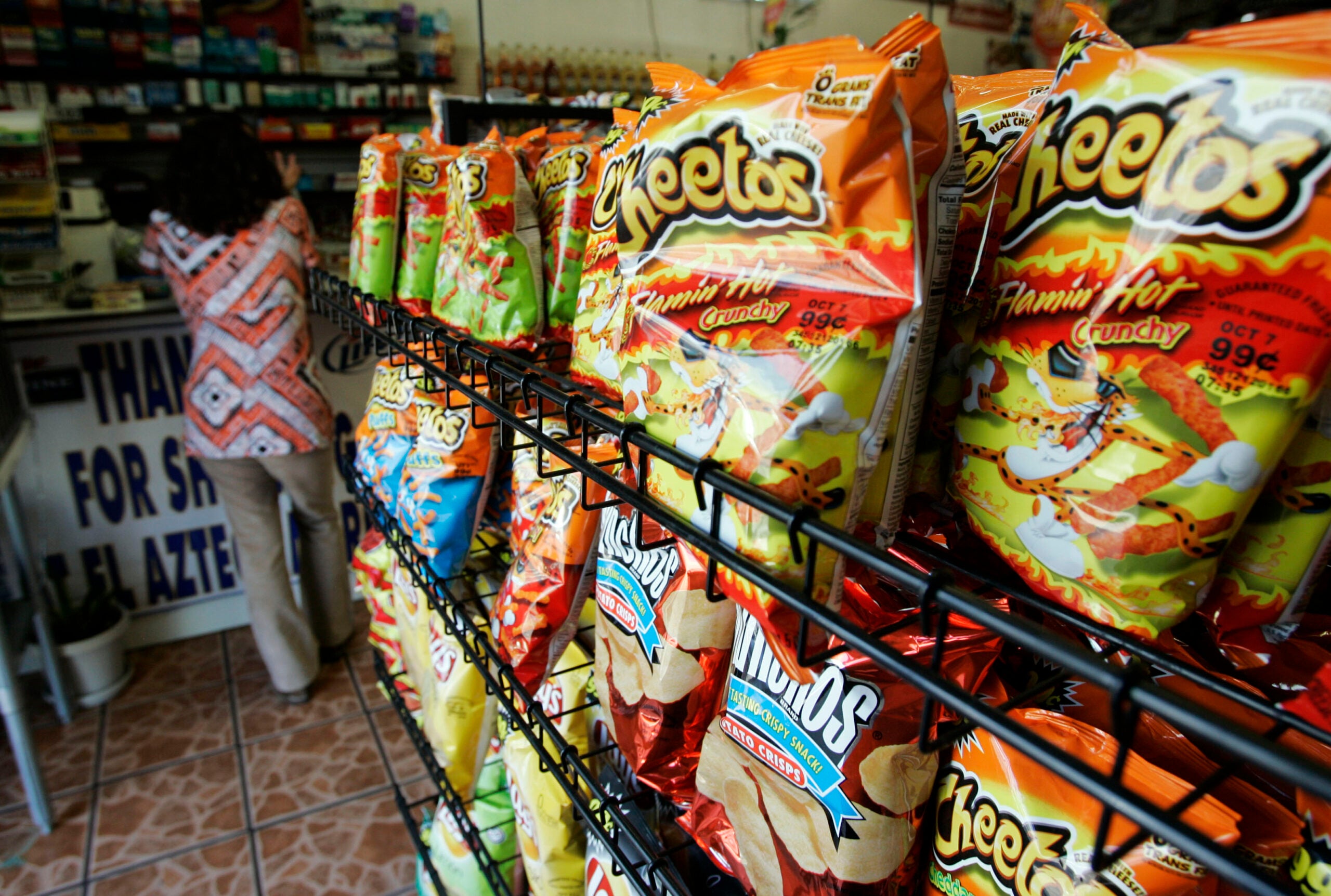Good nutrition and a healthy diet is important for all of us. Judith Siers-Poisson finds out how older adults, and those who care about them, can insure that they have access to healthy, affordable food. Plus, great summer snacks for everyone!
Featured in this Show
-
Older Adults Face Challenges In Getting Right Nutrition
There are a lot of reasons why getting the right nutrition can be a challenge: Time constraints, budget and skill in the kitchen can make it tough.
For older adults, however, there are additional obstacles, and that can lead to a health crisis.
According to Judy Knudsen, who is a University of Wisconsin Extension family living educator for Brown County, said that as people age, appetite tends to decrease. That can happen because with lower activity levels, not as many calories are burned, and so they don’t feel hungry as often. In addition, senses of taste and smell lessen with age, so food is less appealing.
“We walk into a kitchen and we smell how good the food is, that aroma, or we taste something and it tastes great,” she said. But as people age, taste buds are lost and the sense of smell is dulled. As a result, “we don’t have that enticement to try food,” she explained.
Knudsen said that other factors of aging can also play a part. Loss of muscle tone can make chewing and swallowing difficult. Ill-fitting dentures or dental problems can make eating uncomfortable or even painful. Many older people are on medications, and that some can affect how foods taste.
Beyond physical challenges, Knudsen said that social circumstances can also come into play.
“For some older adults, it’s a sense of loss. They’ve lost their significant other, they’ve lost friends, and neighbors, and so it’s not very much fun to eat by themselves,” she said. “So they tend to not eat as much.”
She added that sharing a meal with an older friend or family member, whether at home or out, can be a real treat, and can make the meal more welcome.
Knudsen offered some signs to watch for that may indicate that an older adult isn’t eating well. Small amounts of food at home and low turnover of what is there can both indicate that they are not eating much. No dishes in the sink can also be a clue to how much is being consumed. Physically, a lack of energy or listlessness, and certainly seeming confused might all be warnings to pay attention to.
If an older person no longer has reliable transportation, Knudsen recommended asking about how they are getting groceries, and making sure that they are aware of resources that may be available. Offering to do occasional shopping for them, or better yet, inviting them to go with, is an easy way that friends and family can assist the older individual.
Fixed incomes can also present a real challenge to staying supplied with healthy foods. Knudsen said county health and human services departments or county unit on aging, as well as the local aging and disability resource centers, can provide information on available services.
County UW Extension offices can also be of assistance in connecting people to services, and some counties have a 211 number that is a gateway to accessing services and programs.
For low-income older adults, free meals delivered to the home are available. For seniors who are mobile, there are often group meals offered, which have the added benefit of social interactions. Finally, some grocery stores also provide low- or no-cost deliveries.
Sharing leftovers from a cooked meal or extras from the garden is a great way to help an older person supplement their diet with healthy and delicious food.
“We know that a lot of older people don’t buy produce, because it can be expensive,” Knudsen said. “So, it can be a real treat to have tomatoes, cucumbers or whatever from the garden.”
For people who are concerned about whether an older person is eating well and getting the right nutrition, Knudsen recommended raising the issue with respect. “When we initiate a conversation with an older adult, instead of starting the conversation with ‘you,’ we need to use ‘I messages.’” she said. For example, “’I am very concerned,’ and then you can go on from there.” That avoids a sense of blaming the older person and lets the speaker take ownership of the feelings that they are having about the situation.
Knudsen’s UW Extension article titled “Good nutrition essential for older adults” outlines effective ways to get around the obstacles to eating well that older adults might face.
Episode Credits
- Judith Siers-Poisson Host
- Larry Meiller Host
- Judith Siers-Poisson Producer
- Judy Knudsen Guest
Wisconsin Public Radio, © Copyright 2024, Board of Regents of the University of Wisconsin System and Wisconsin Educational Communications Board.



